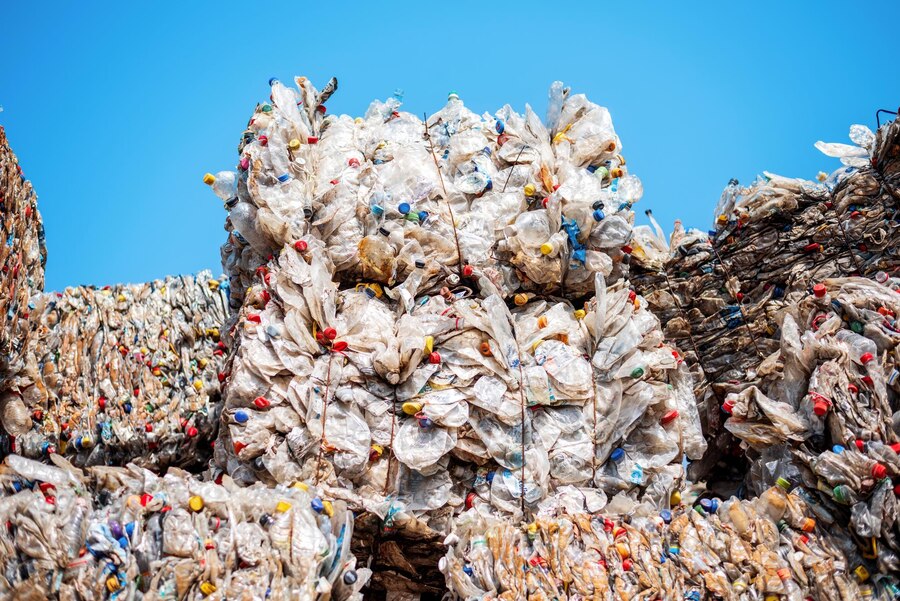Botswana is taking bold steps toward a greener future by embracing the recycling of plastic waste into construction materials. As global concerns about plastic pollution and environmental degradation intensify, Botswana’s innovative approach offers both a solution to waste management challenges and a sustainable boost to its construction sector.
Turning Waste into Opportunity
Plastic waste is a growing problem worldwide, and Botswana is no exception. From discarded bottles to single-use bags, the accumulation of plastic has put pressure on landfills and natural ecosystems. However, rather than viewing plastic waste as a burden, local entrepreneurs, researchers, and builders are increasingly seeing it as a valuable resource.
Several initiatives across Botswana are focused on converting collected plastic into useful construction products. Plastic waste is now being transformed into durable bricks, tiles, and paving stones. These materials offer strong resistance to weather conditions, are lighter than traditional alternatives, and have the added benefit of being cost-effective.
The Process Behind Plastic Construction Materials
The recycling process typically begins with the collection and sorting of plastic waste. Different types of plastics are separated to ensure the final products have the desired strength and durability. The sorted plastics are then cleaned, shredded, and melted down before being molded into bricks, tiles, or panels.
Some innovators are blending plastic with sand to create composite materials that are stronger than conventional concrete. These products are ideal for constructing walkways, driveways, and even building walls. Not only do they help reduce plastic waste, but they also require less water and energy to produce compared to traditional concrete products.
Environmental and Economic Benefits
Botswana’s recycling initiatives are already showing significant environmental benefits. By diverting plastic waste from landfills and waterways, the projects are helping to preserve natural habitats and reduce pollution. In addition, using recycled plastic materials in construction reduces the demand for virgin materials like cement, which are energy-intensive to produce.
Economically, the movement has the potential to create new jobs and stimulate entrepreneurship. From waste collection to manufacturing and construction, various sectors are benefiting. Local businesses are finding new revenue streams, and communities are seeing the positive effects of cleaner environments and affordable construction options.
Government and Community Support
The success of recycling plastic into construction materials in Botswana is being driven by strong collaboration between government bodies, non-governmental organizations, private companies, and community groups. Public awareness campaigns have encouraged citizens to separate waste at the source, while funding initiatives have helped startups invest in recycling equipment.
Furthermore, institutions like the Botswana Institute for Technology Research and Innovation (BITRI) are playing a key role in researching better and more efficient recycling methods. Their involvement ensures that the quality and safety of recycled construction materials meet national and international standards.
Challenges and the Road Ahead
Despite the progress, challenges remain. Not all types of plastics are easy to recycle, and maintaining consistent quality in the end products requires ongoing research and strict quality control. There is also a need for more widespread public education about the importance of recycling and the potential uses of recycled materials.
Looking ahead, Botswana has ambitious plans to scale up these efforts. With continued investment, improved technology, and increased collaboration between sectors, plastic waste could soon become one of the country’s most valuable construction resources.
Botswana’s efforts to recycle plastic waste into construction materials represent an inspiring model of sustainable development. By turning an environmental challenge into an economic opportunity, the country is paving the way toward a cleaner, greener, and more prosperous future. As more nations look for innovative ways to manage plastic pollution, Botswana’s approach offers valuable lessons in resilience, creativity, and environmental stewardship.










